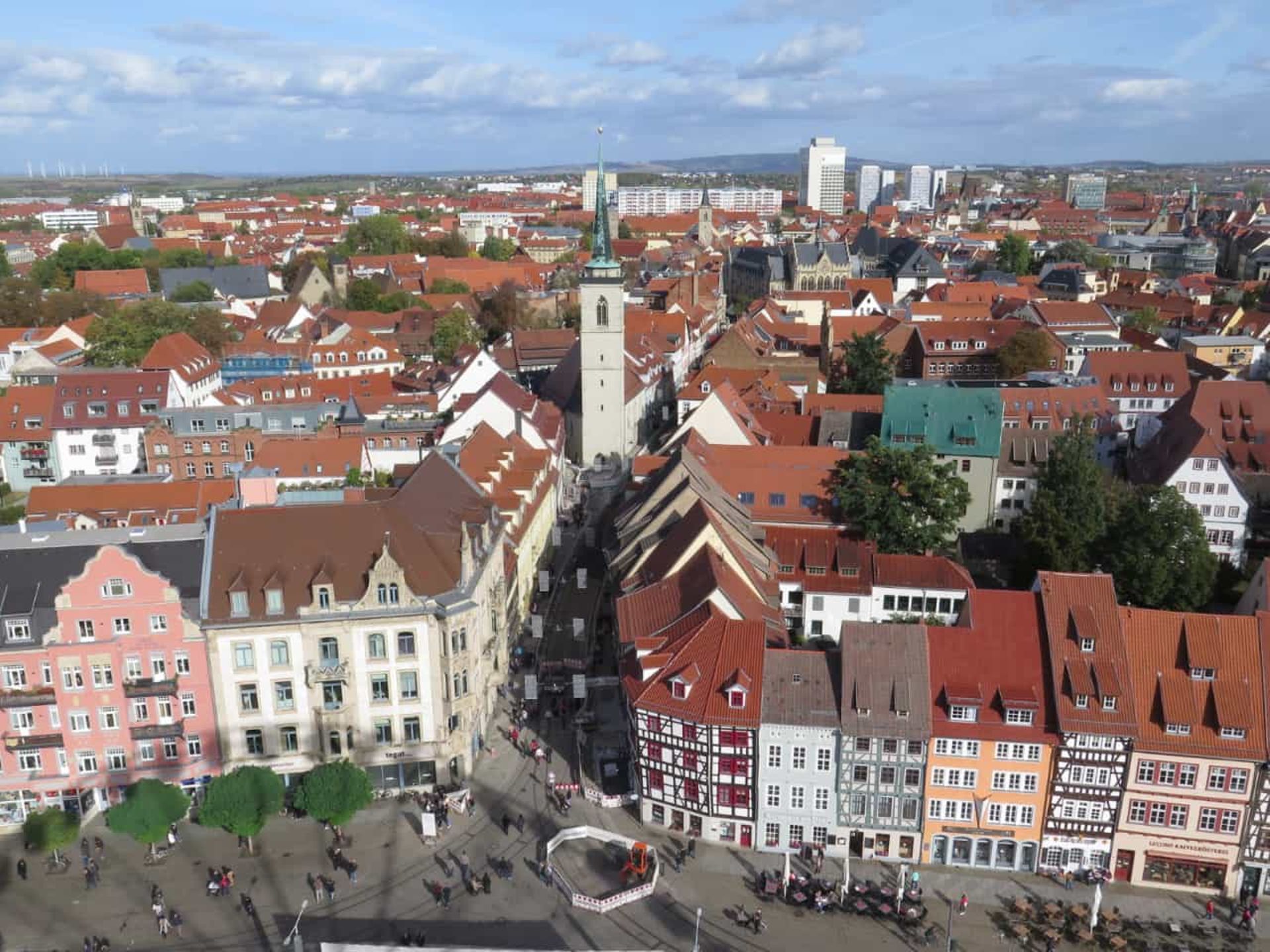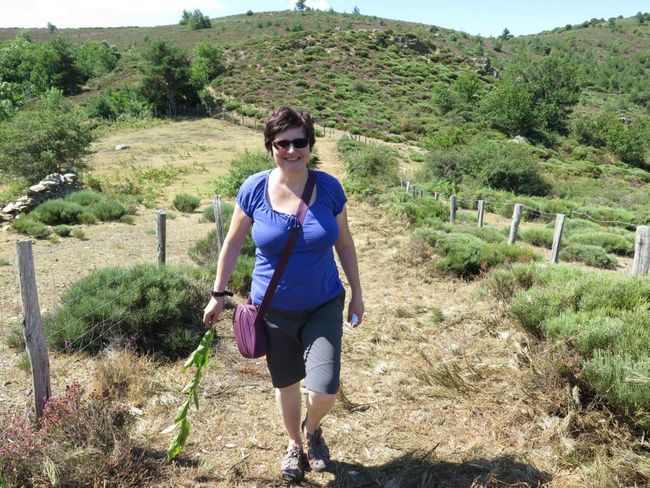2022 August Amsterdam
Tihchhuah a ni: 23.08.2022
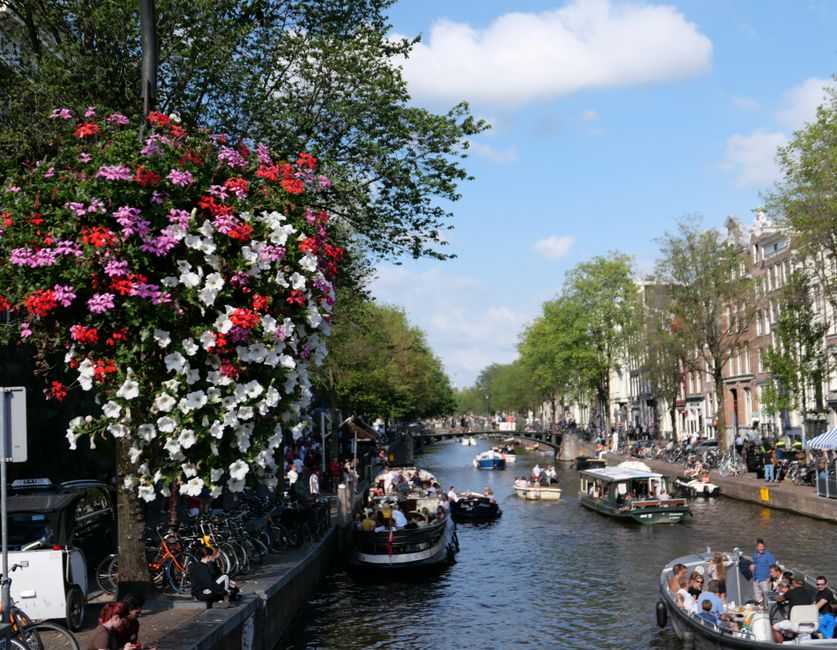
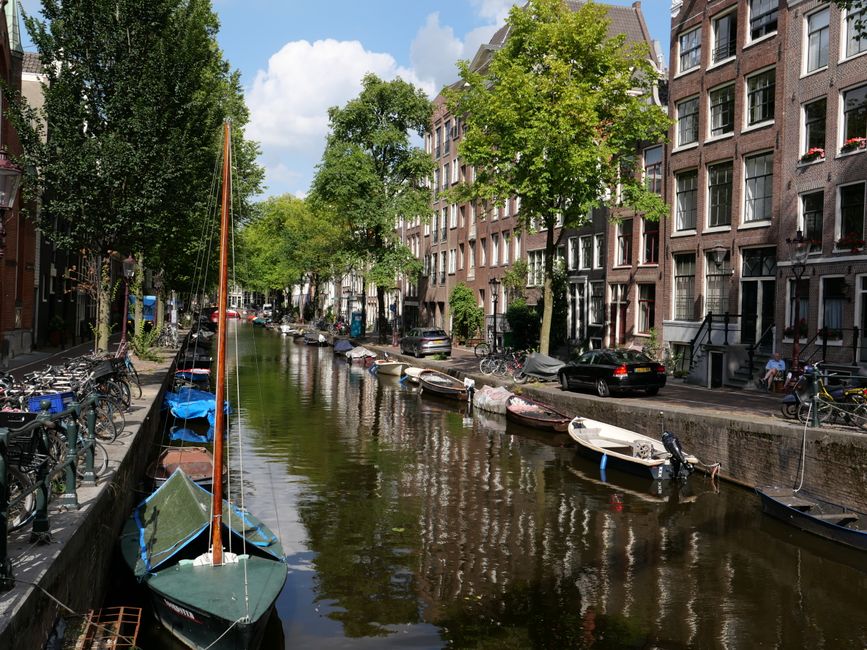
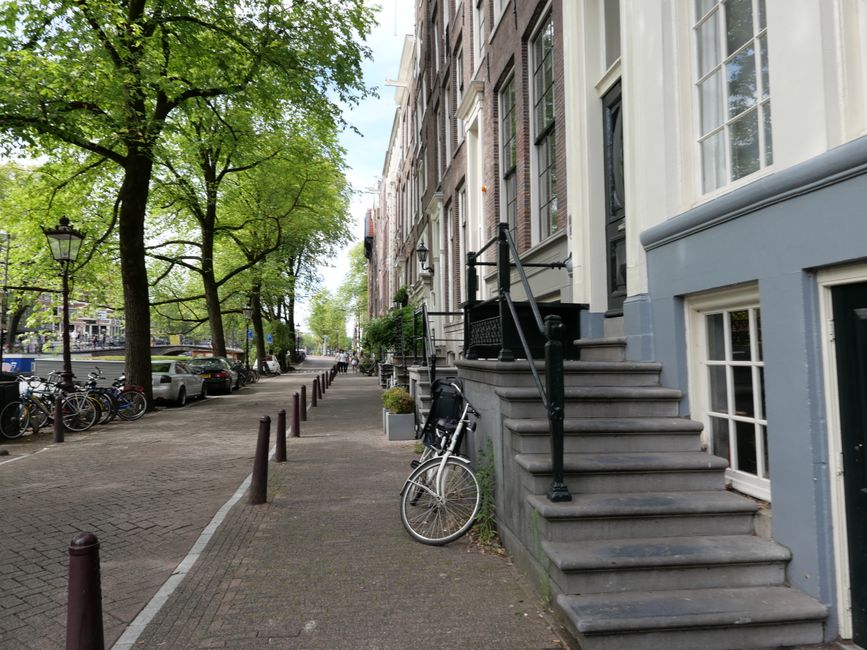
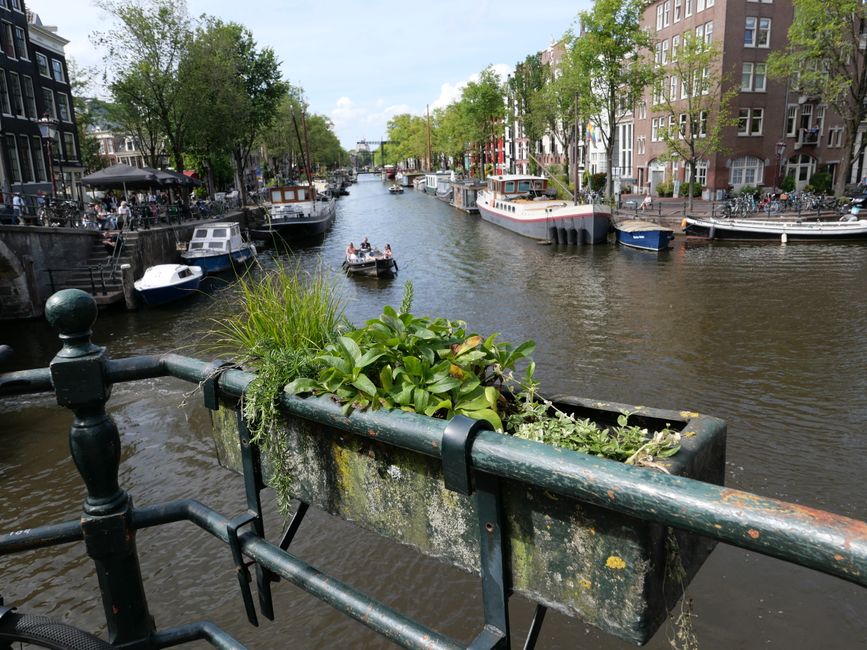
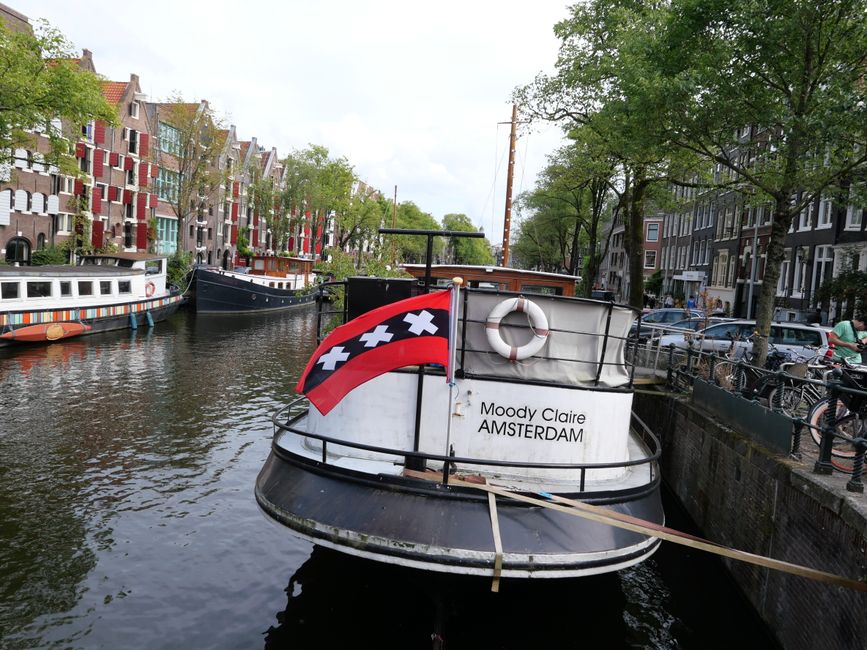
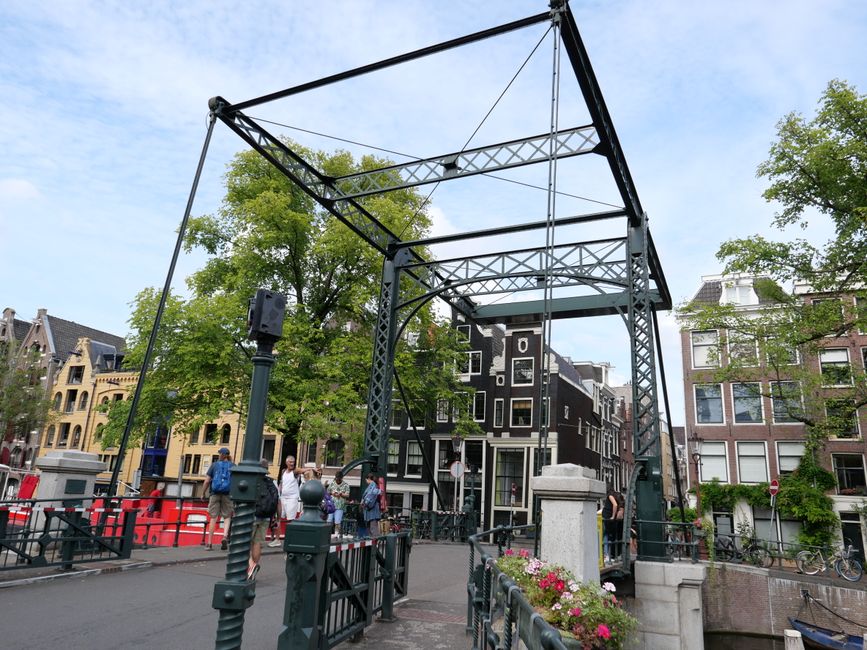
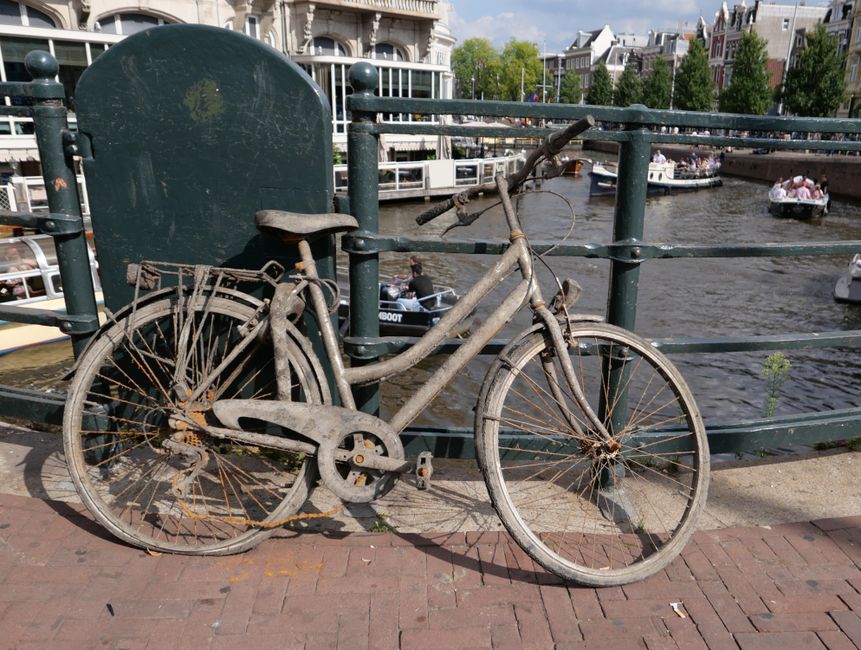
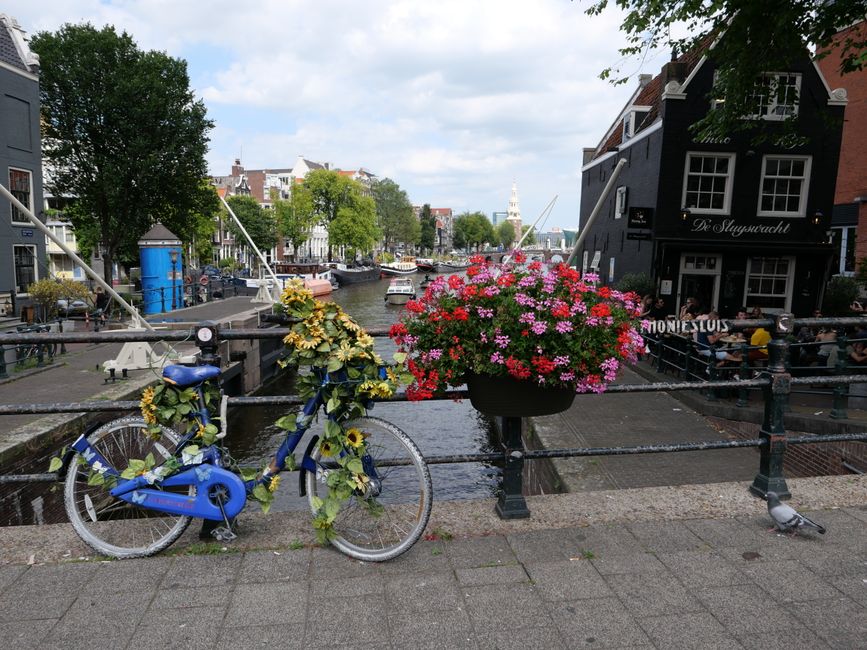
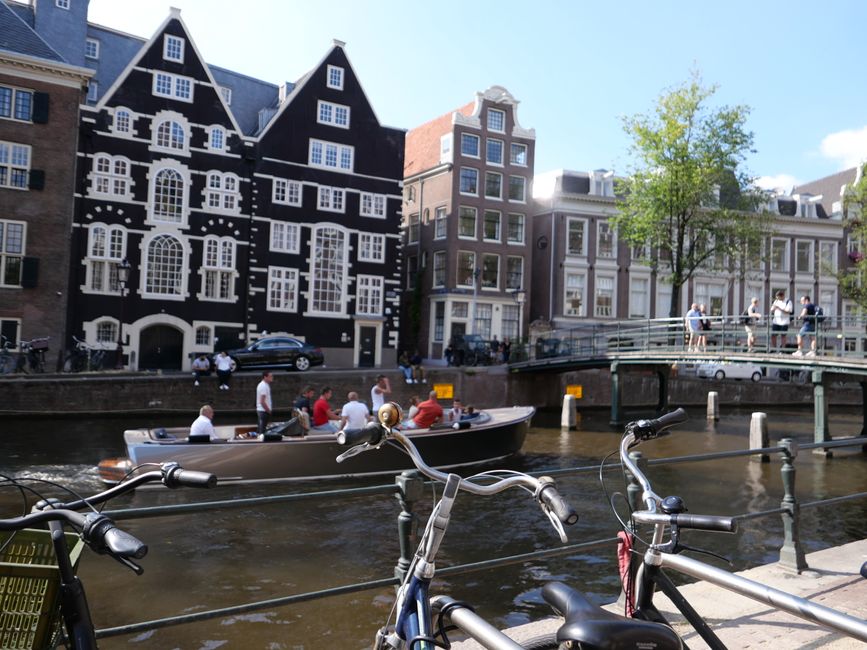
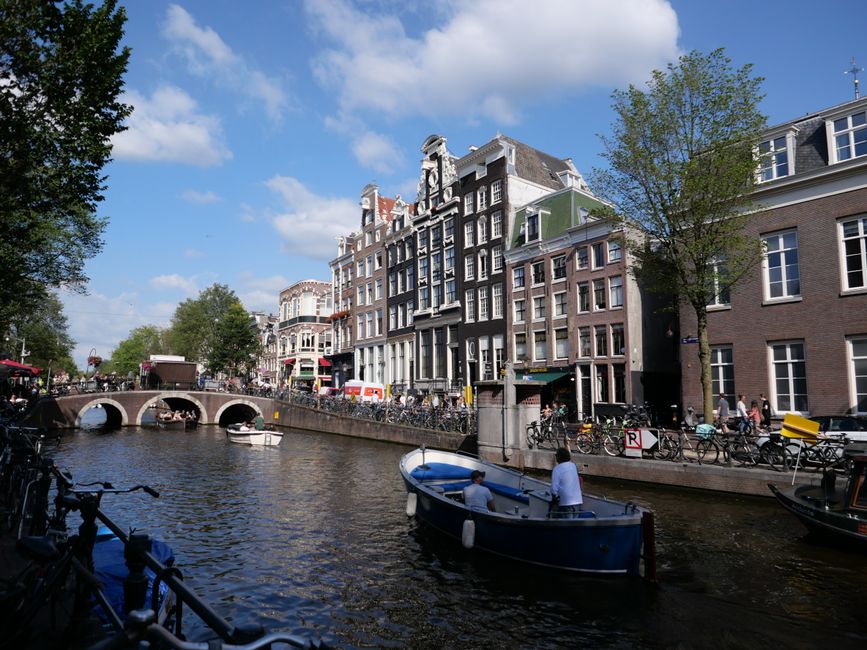
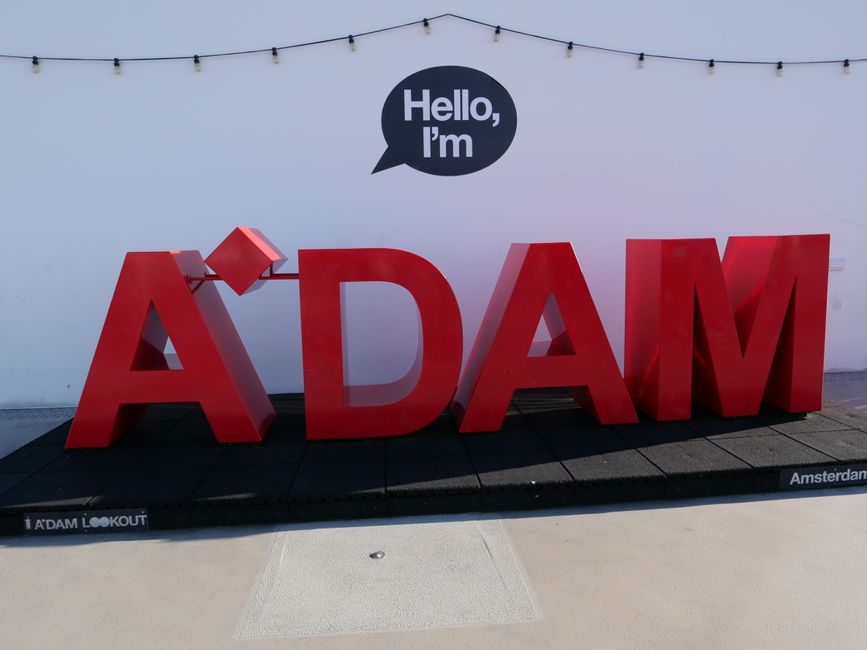
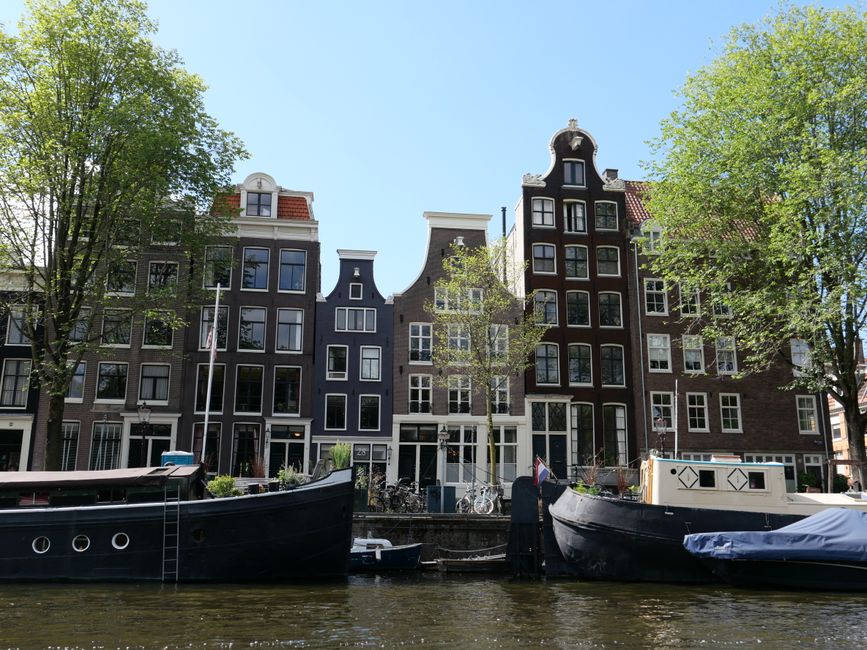
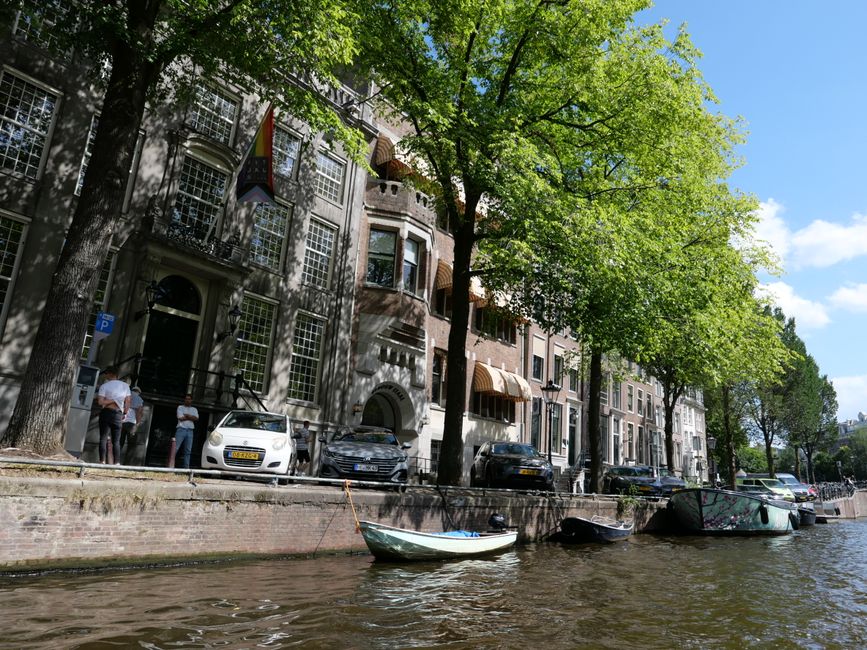
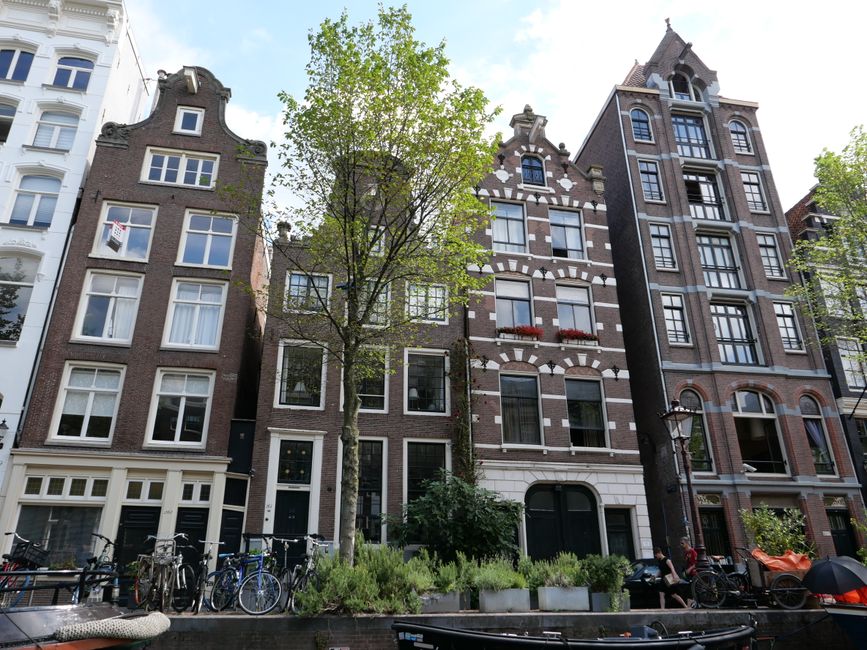
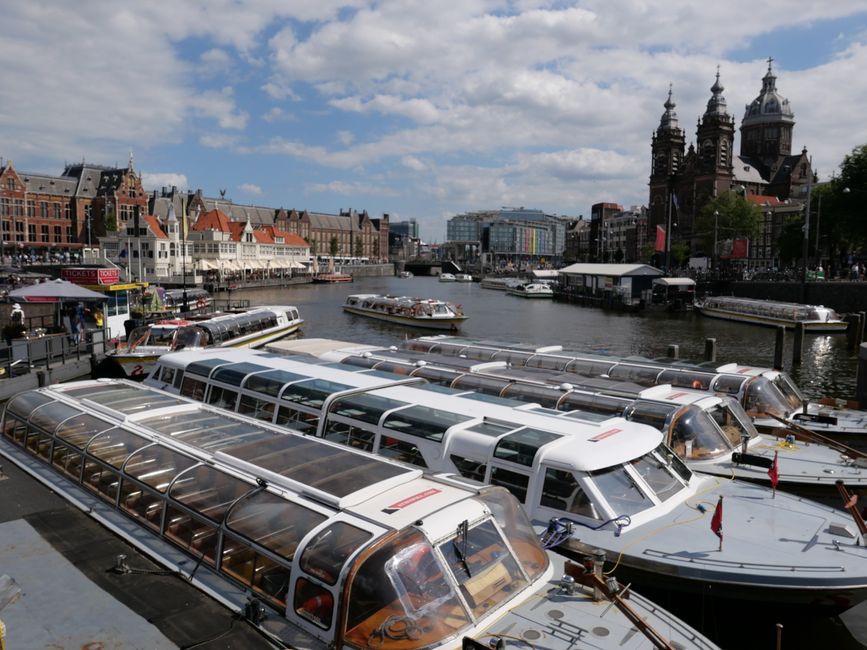
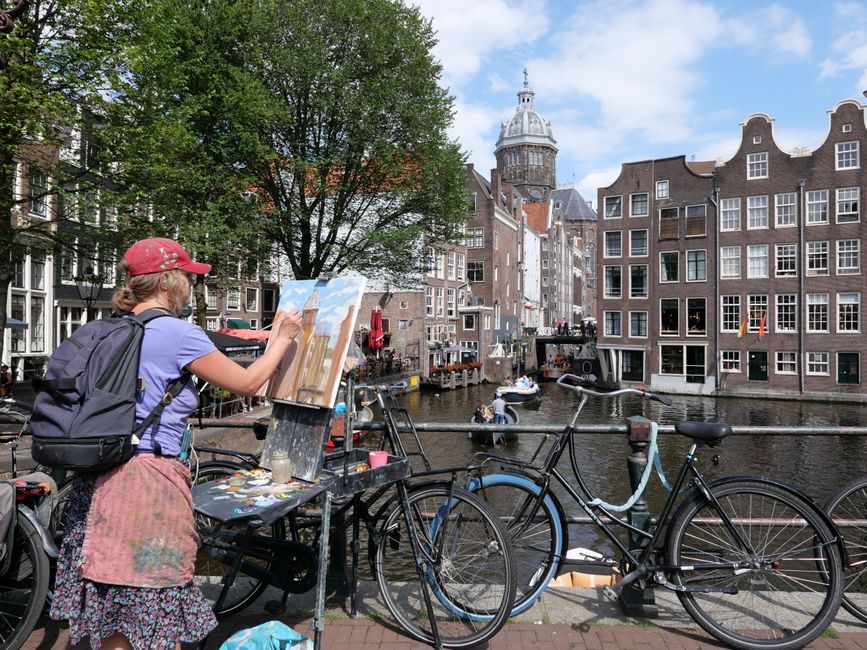
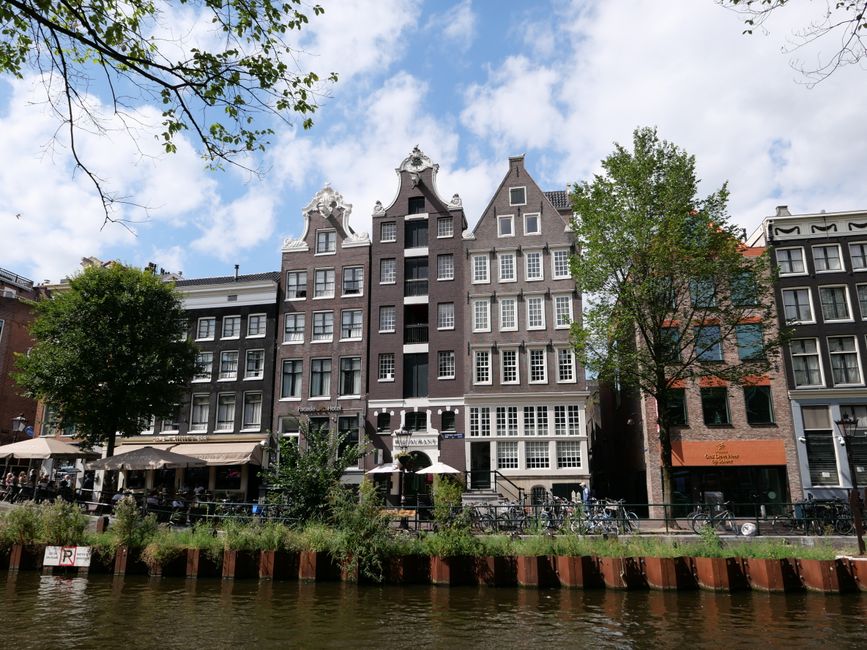
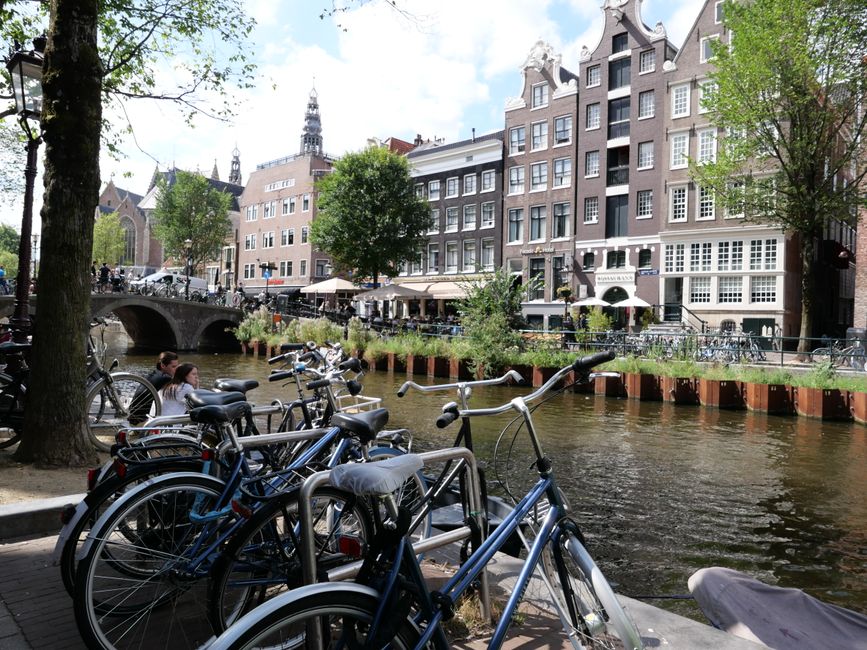
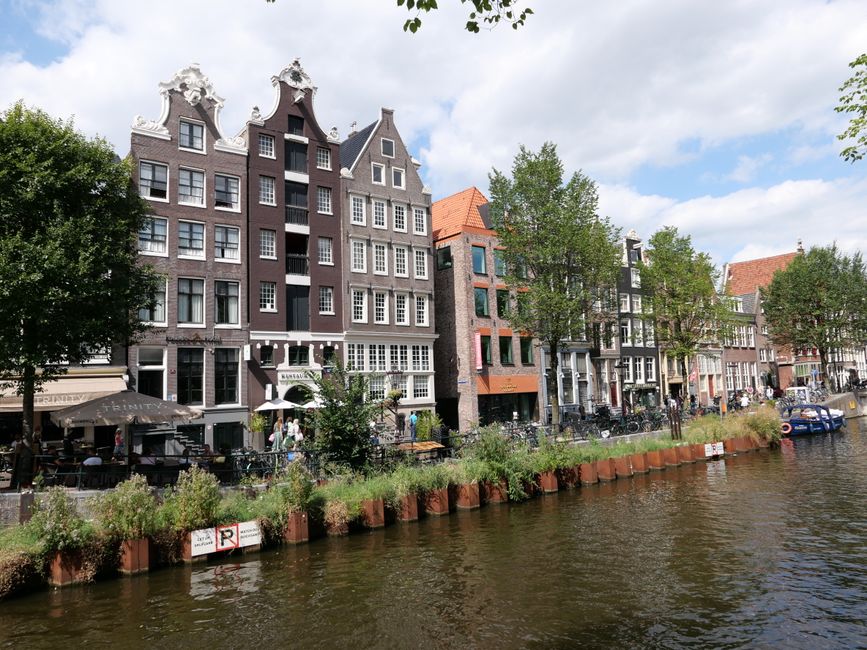
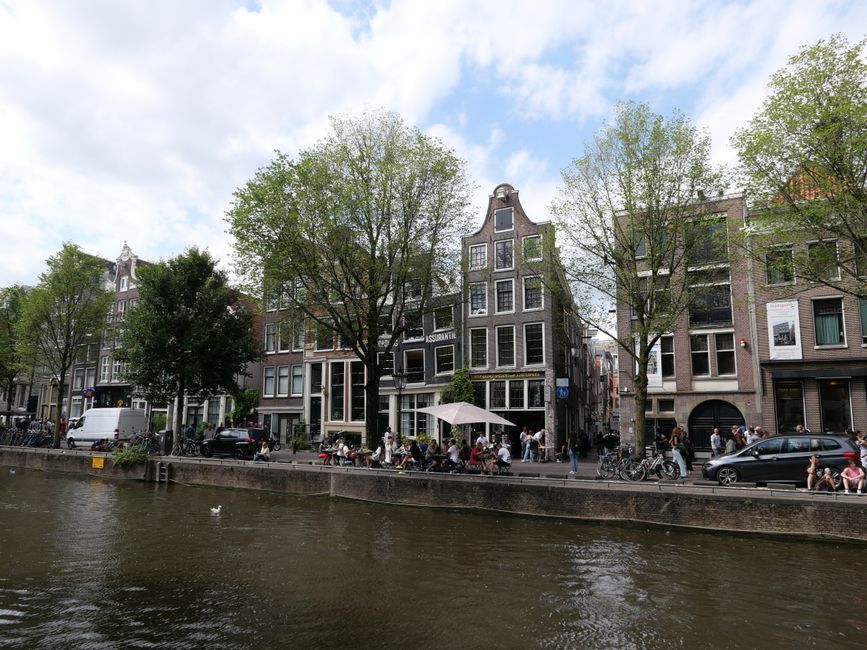
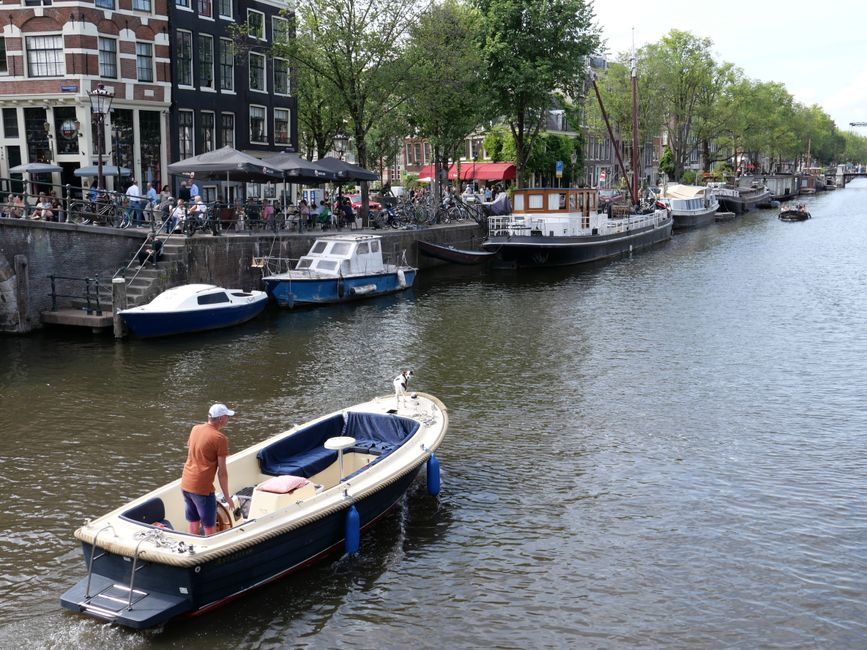
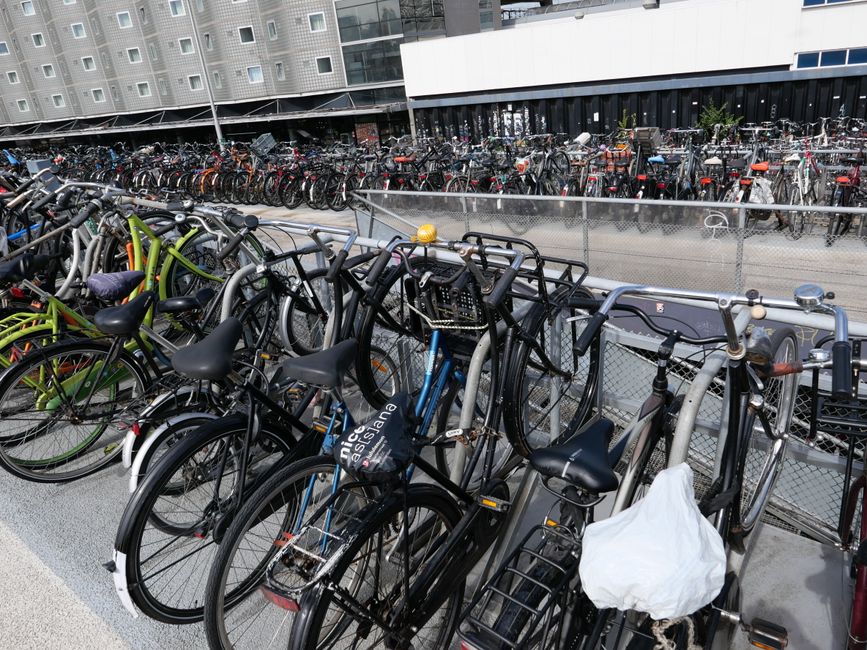
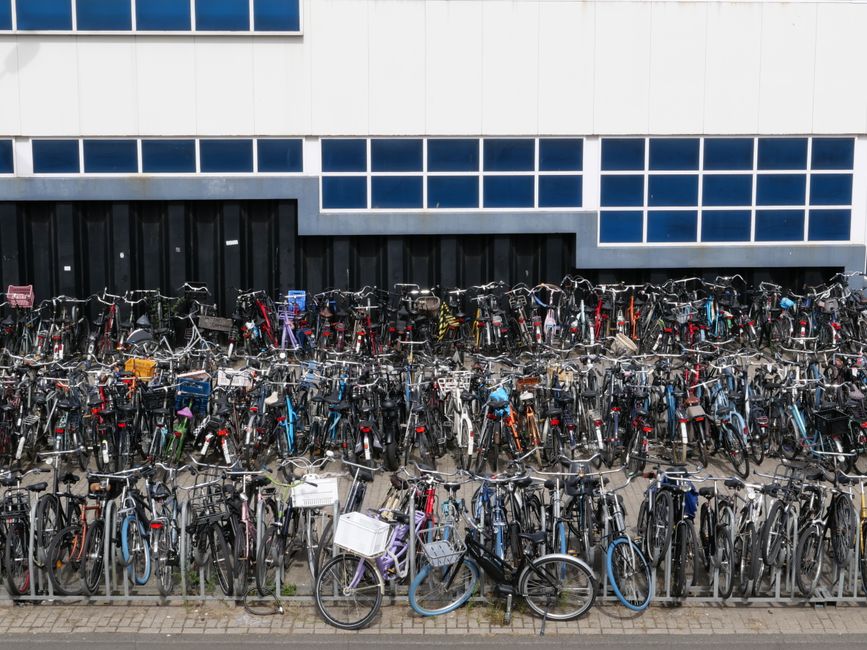
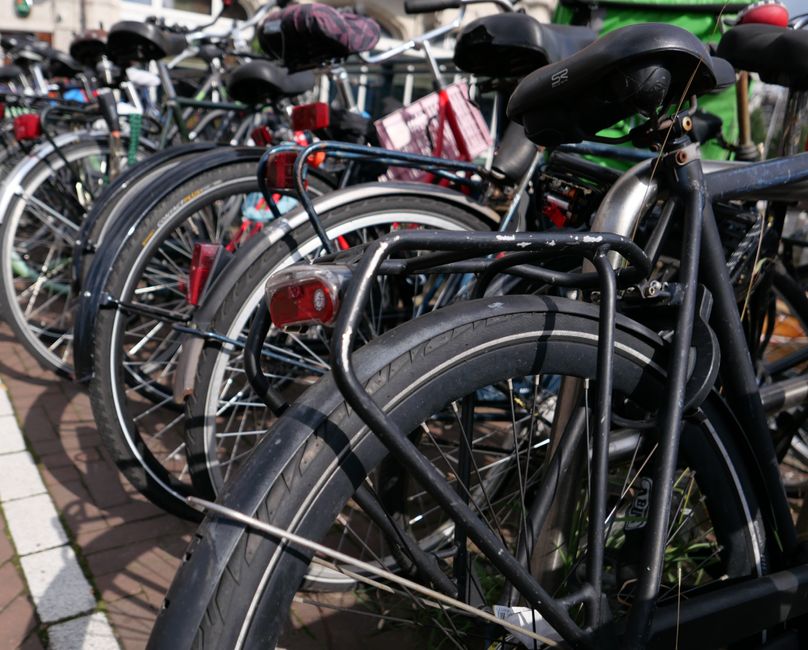
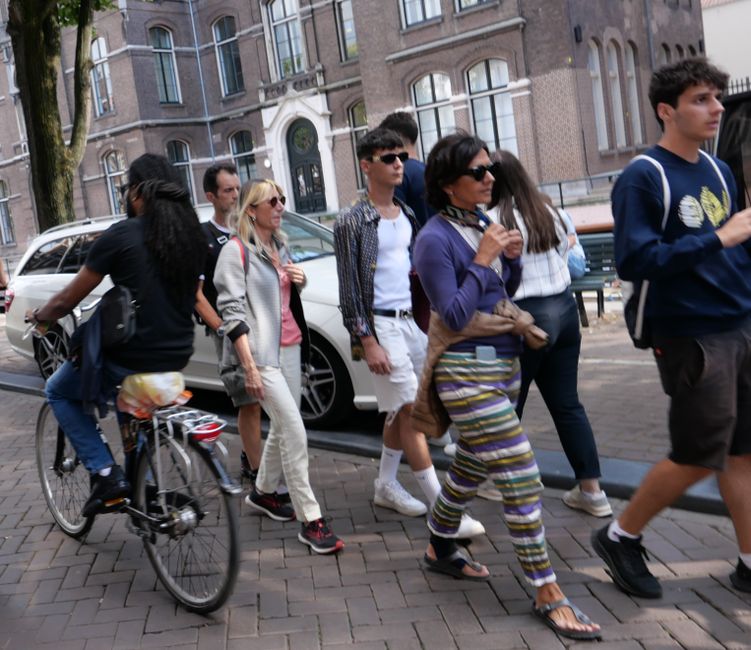
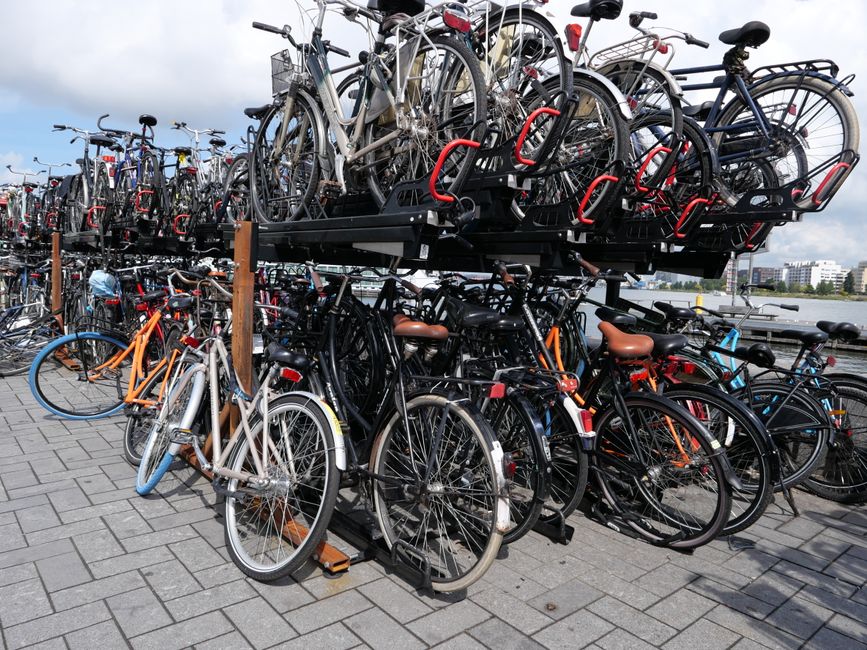
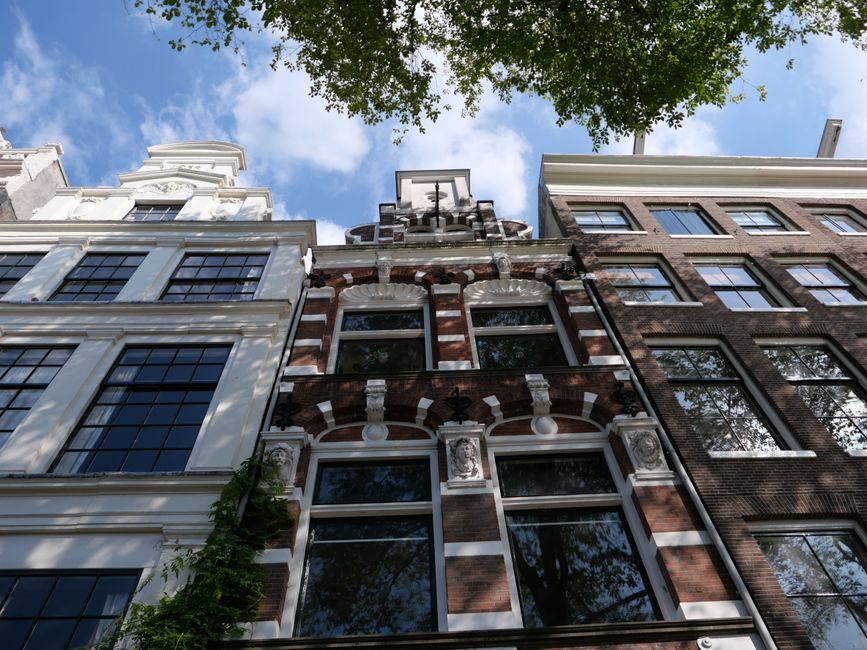
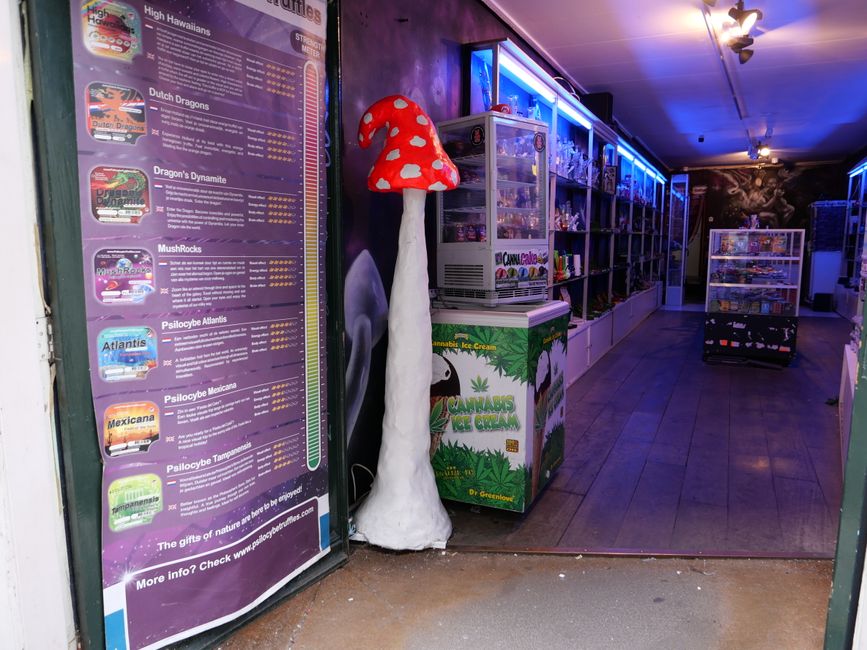
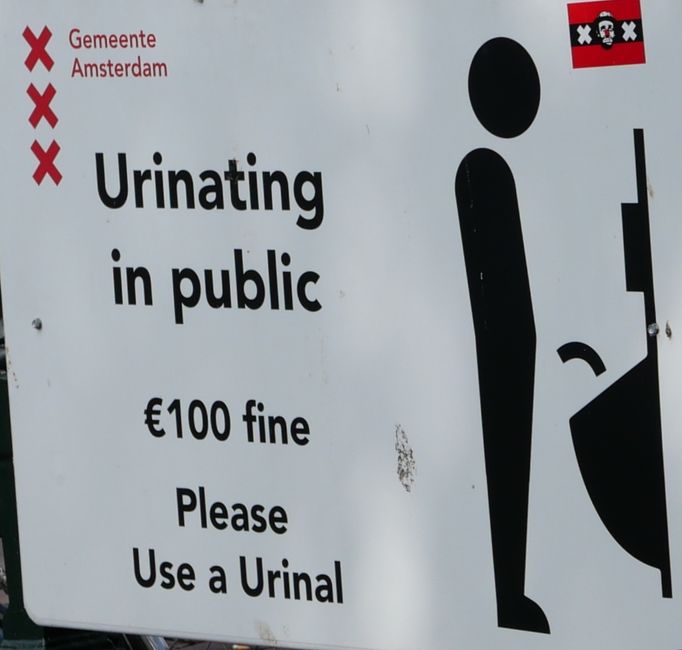
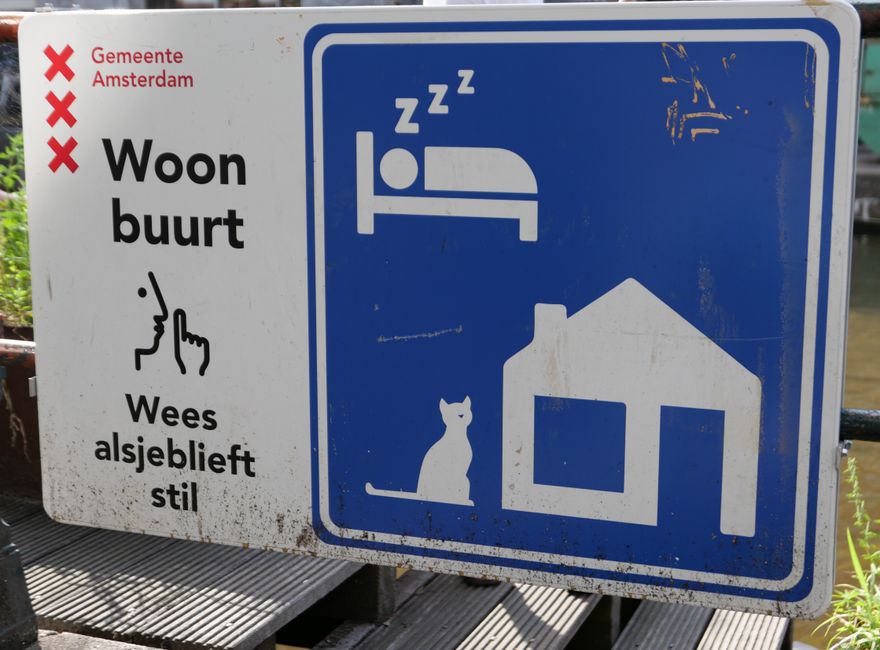
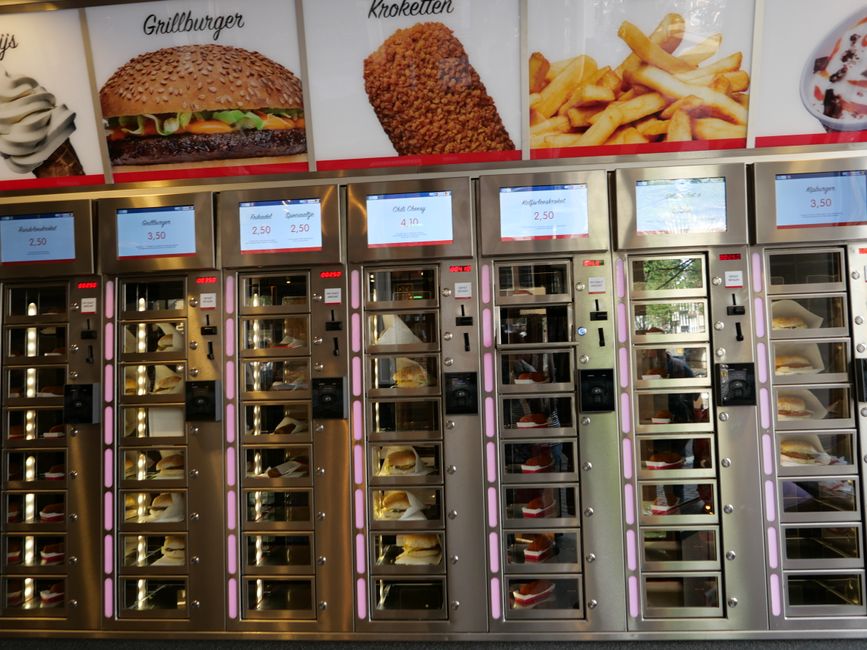
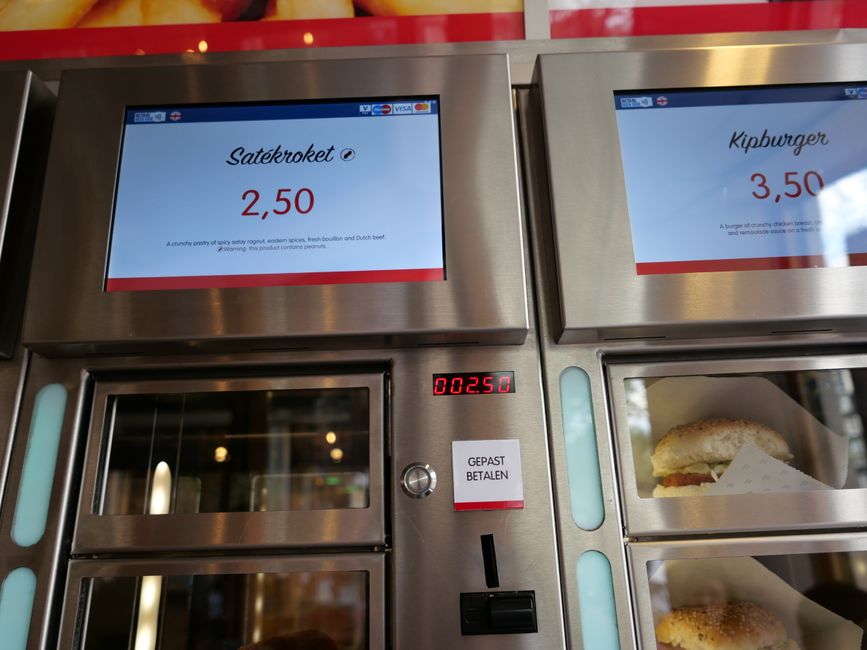
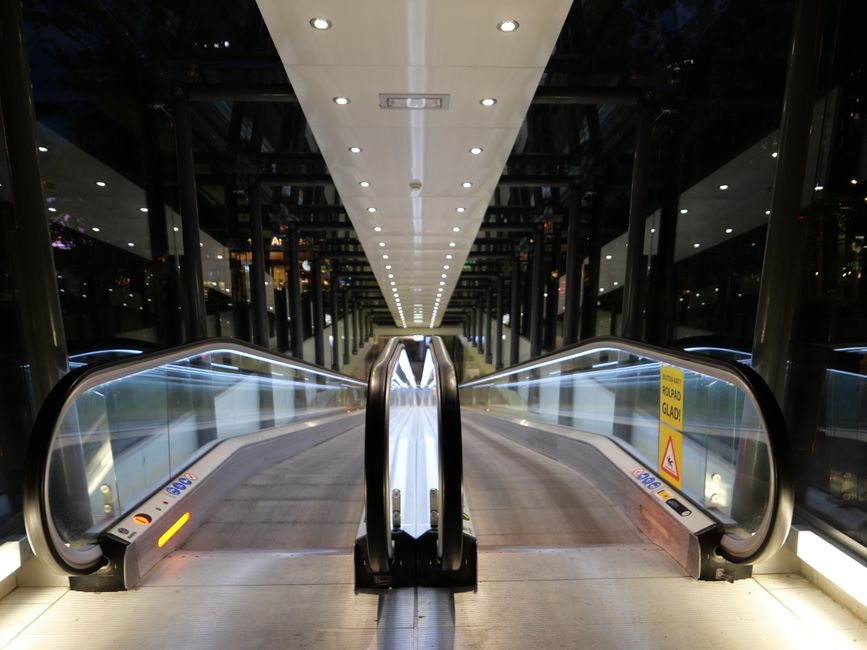
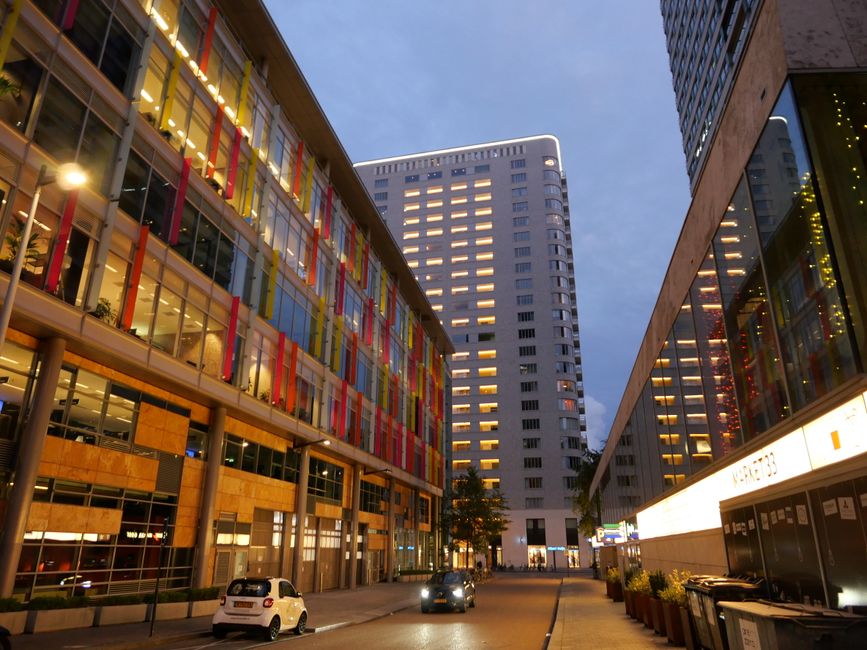
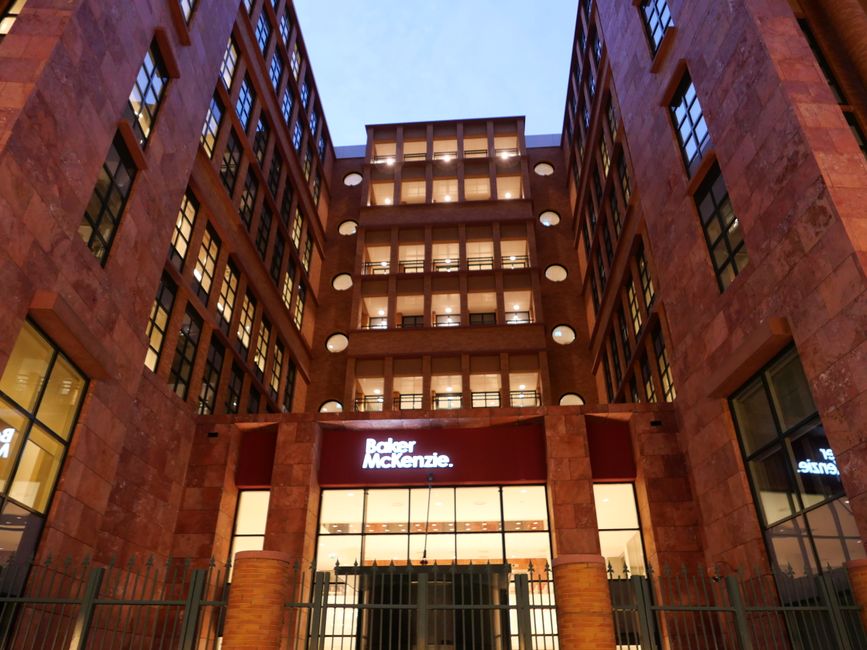
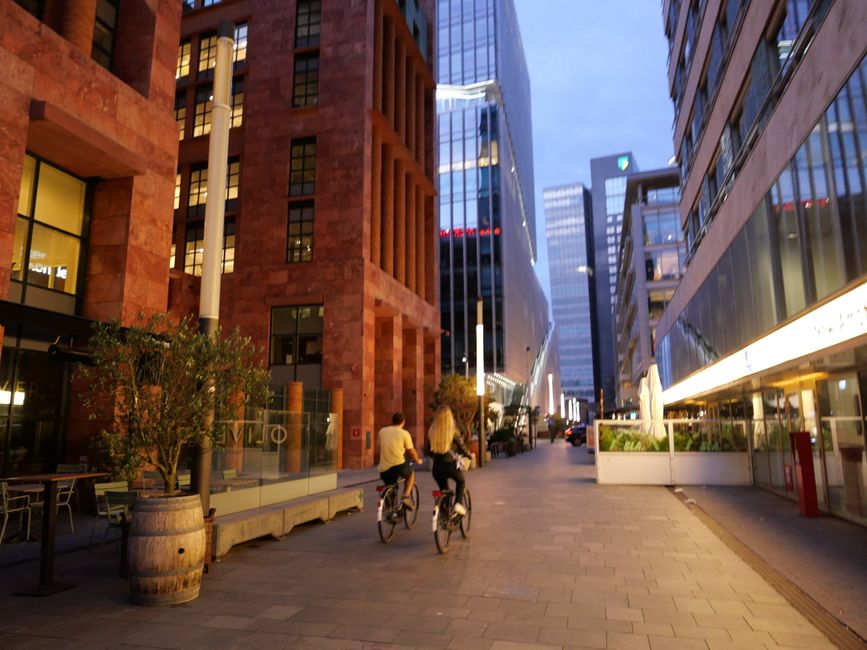
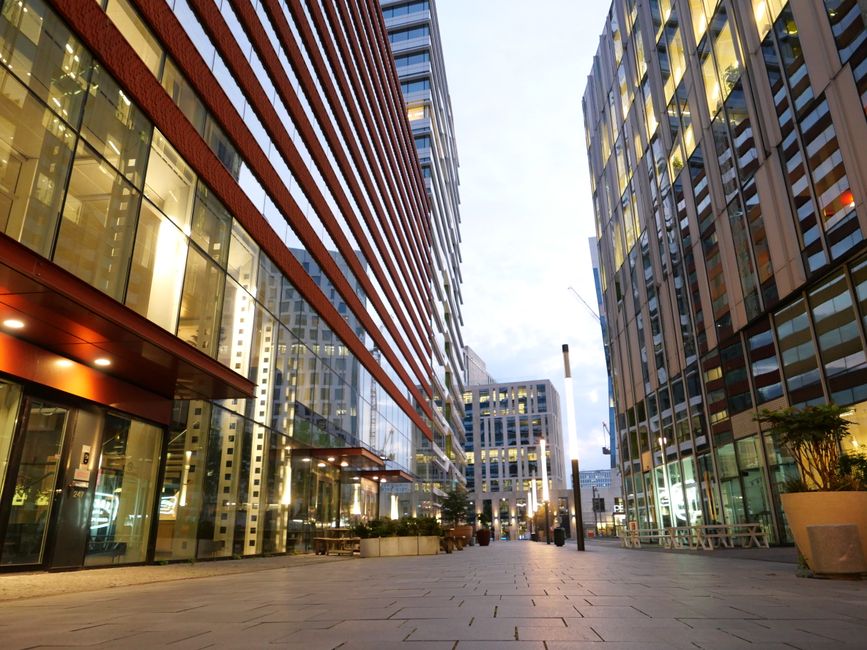
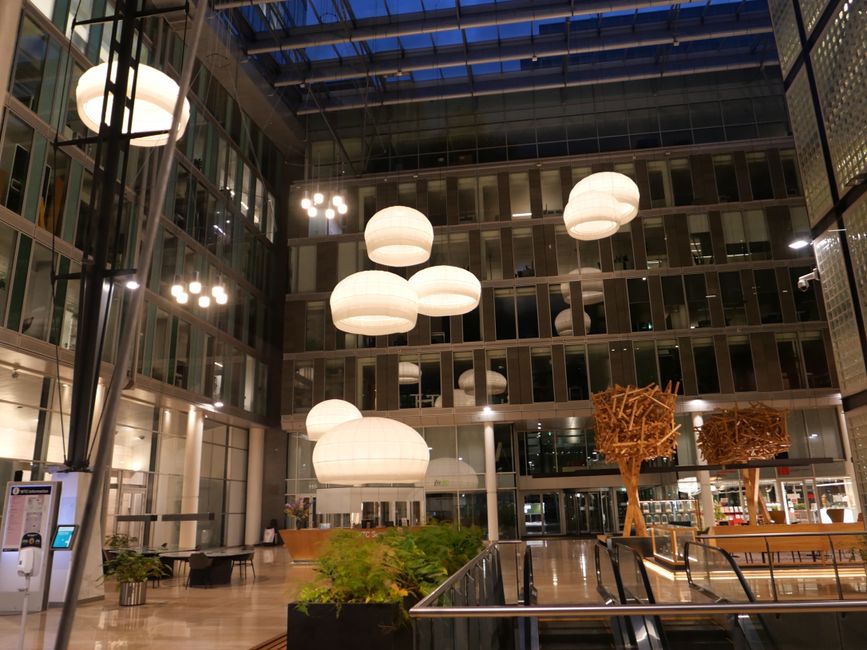
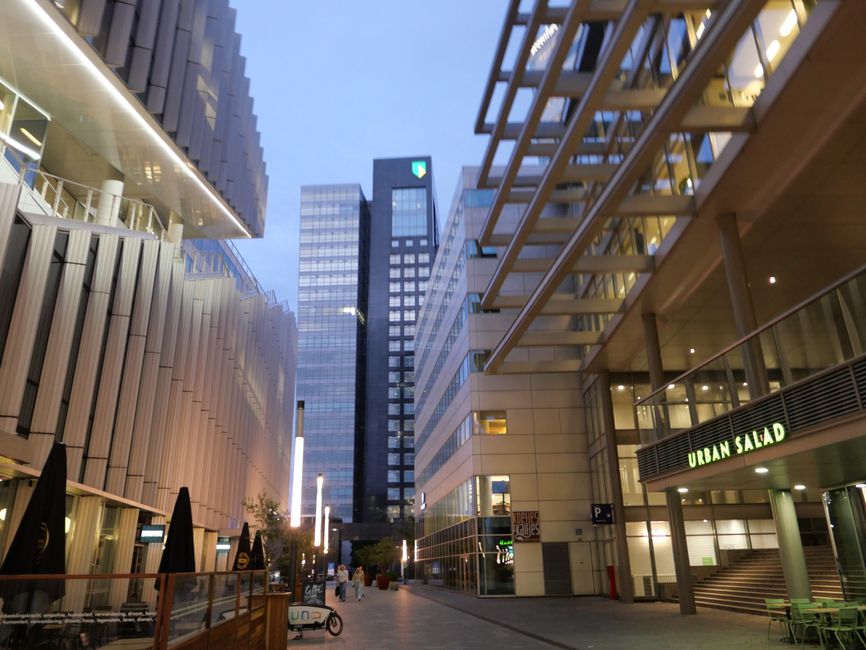
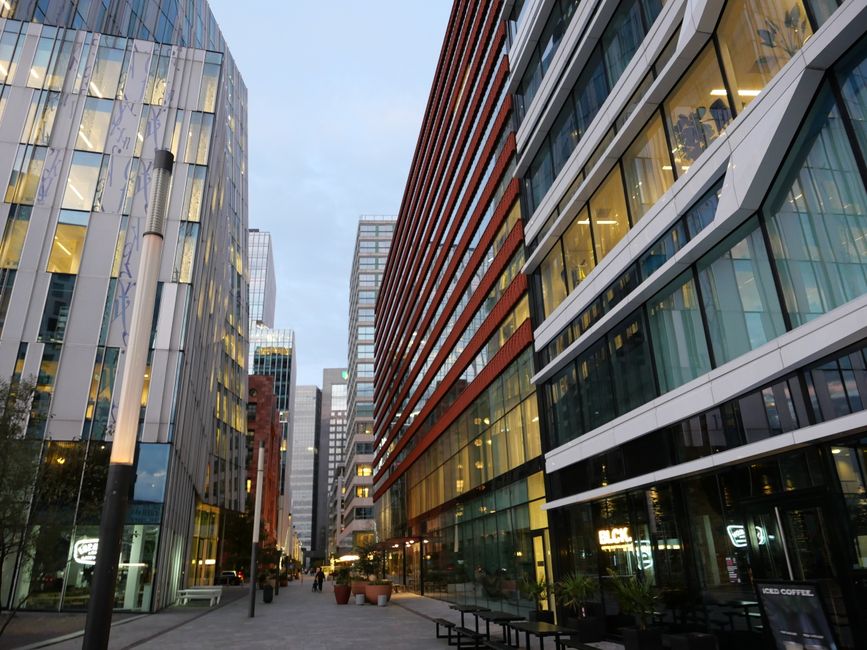
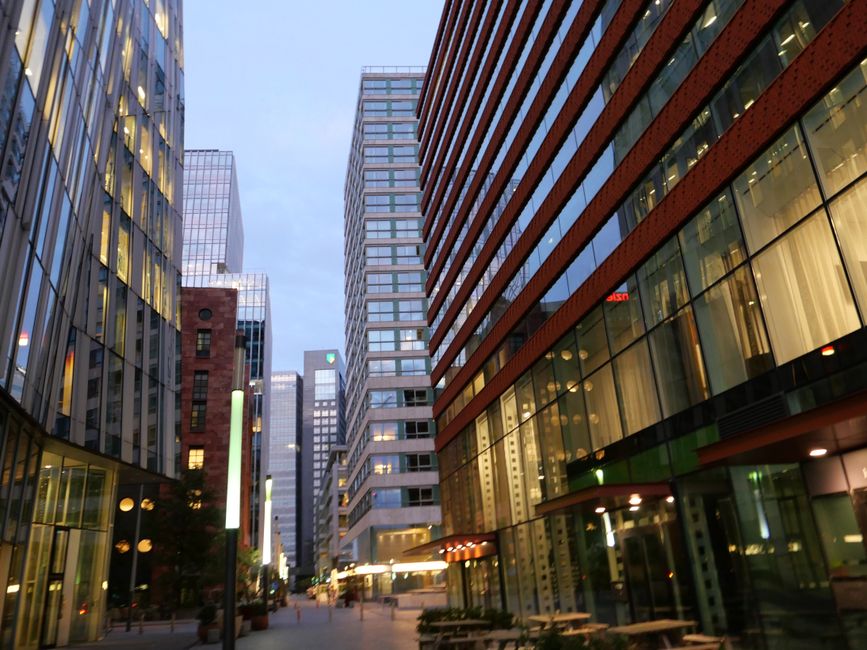
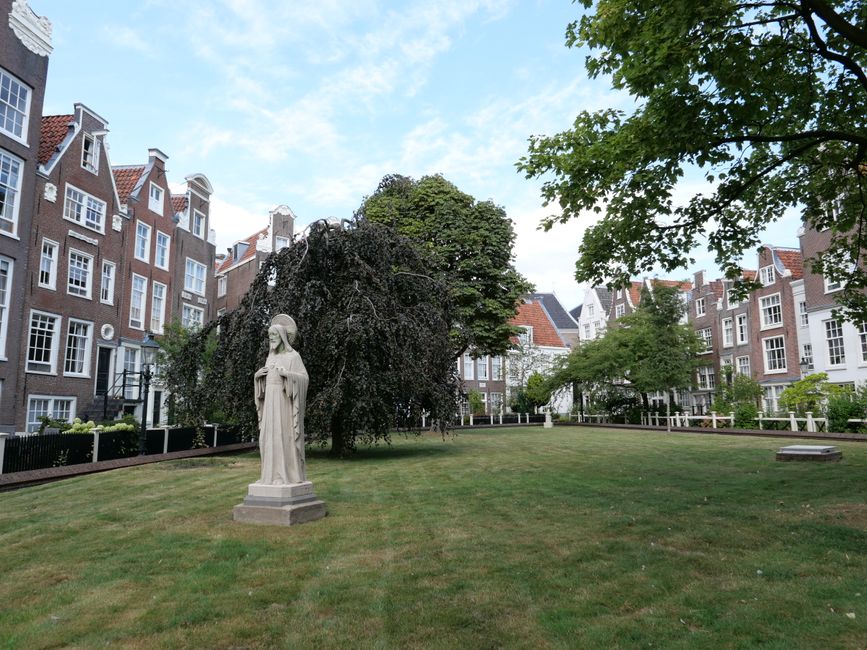
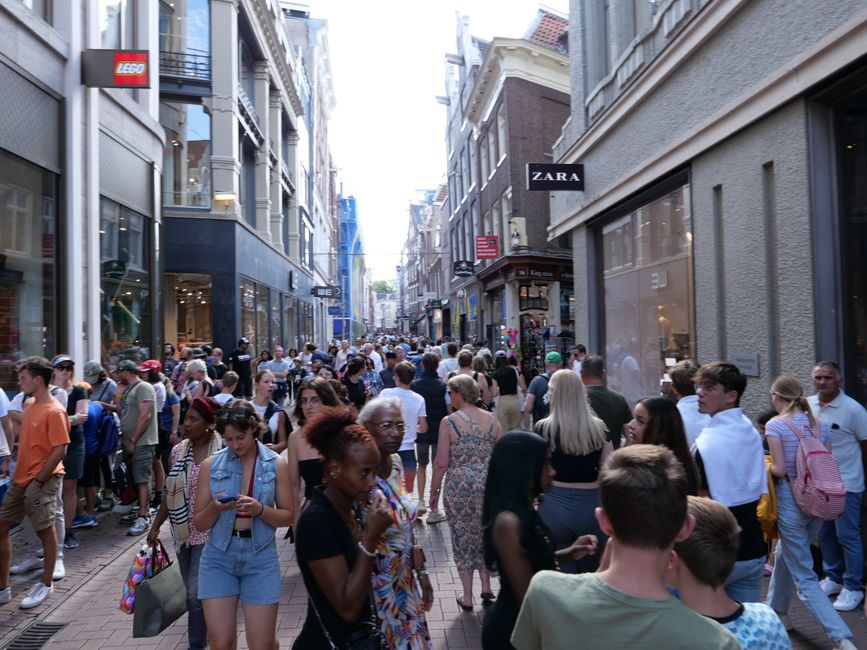
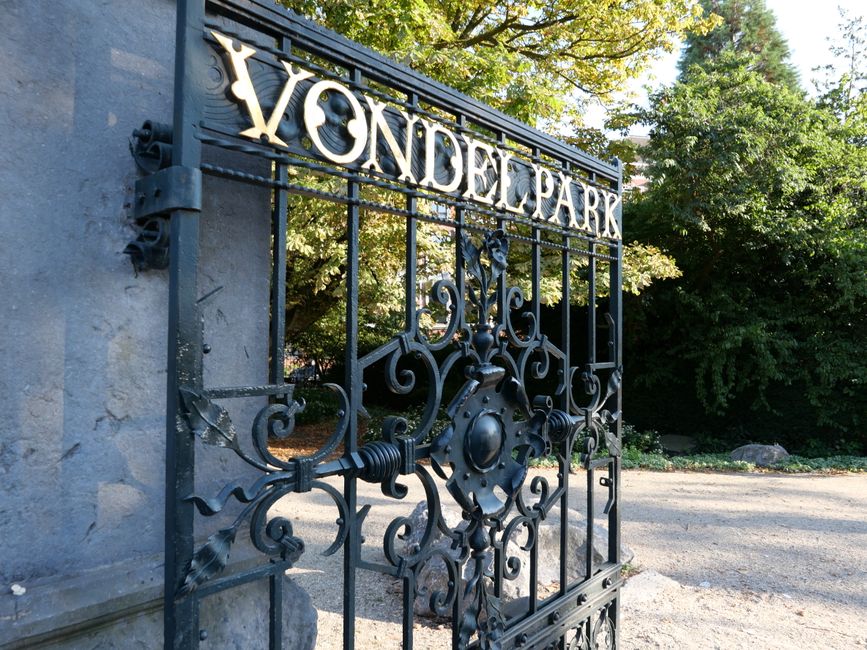
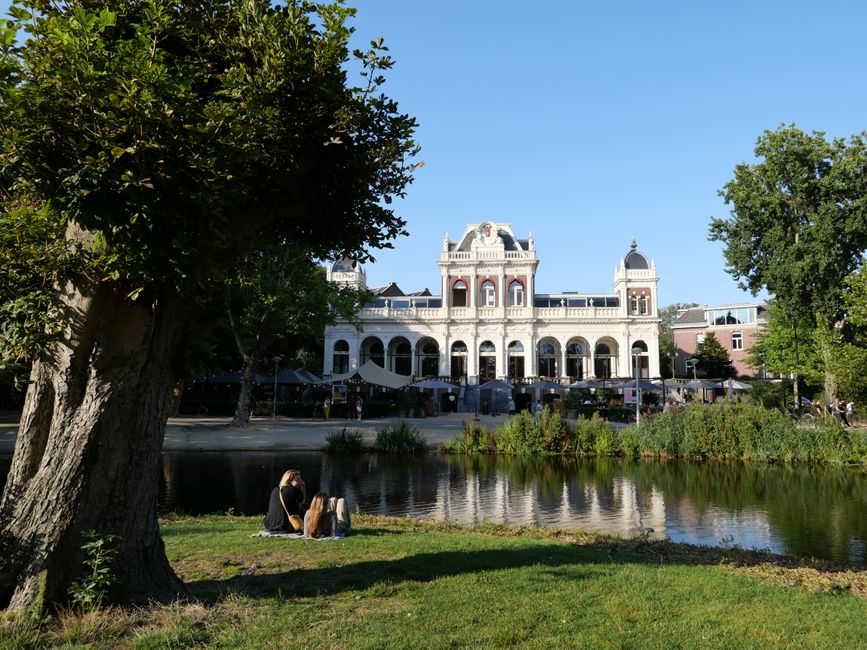

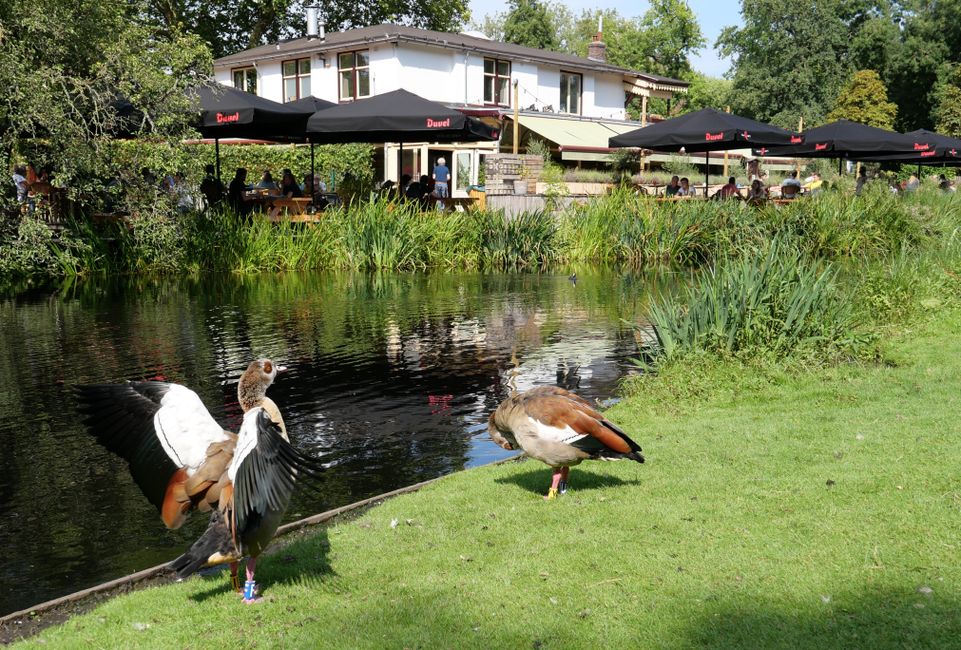
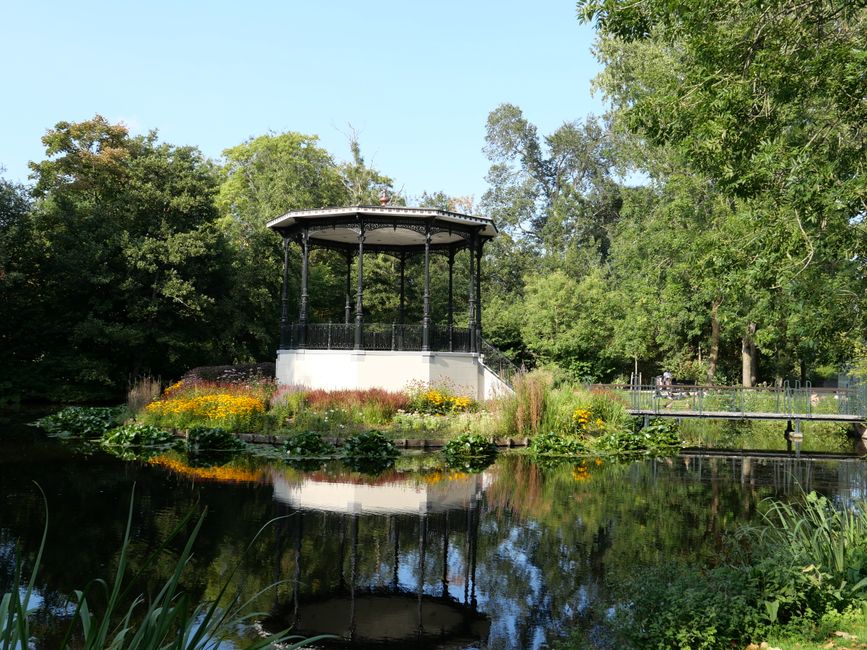
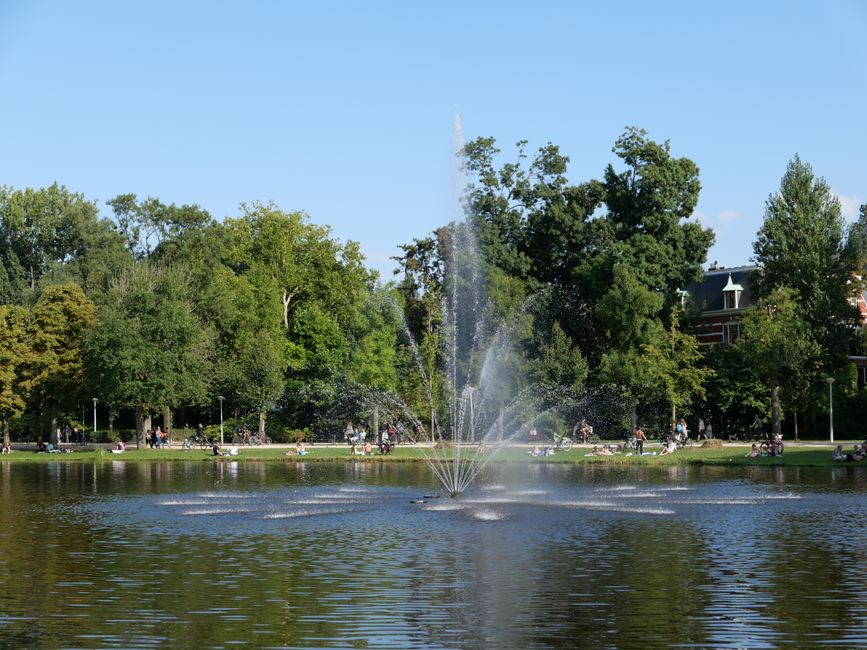
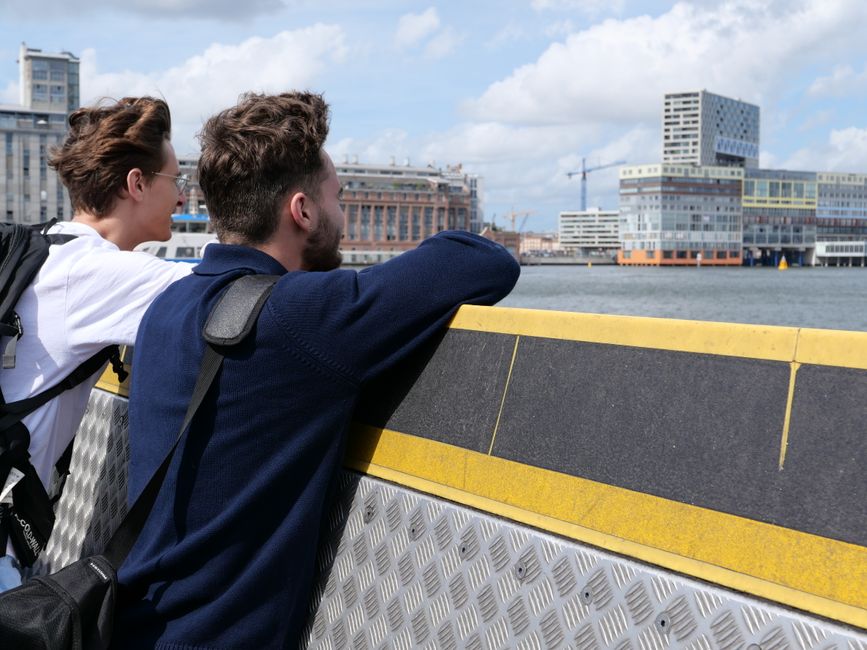
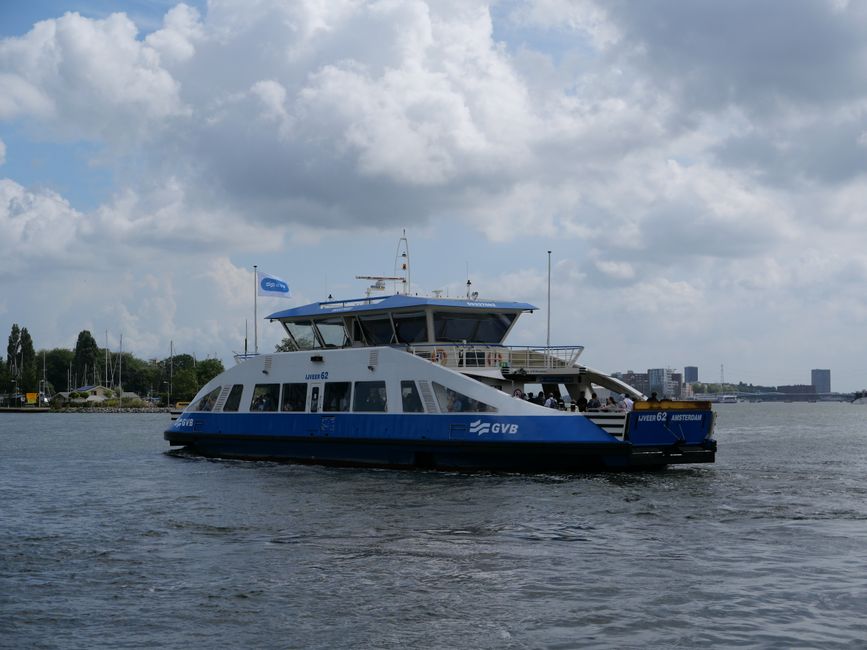
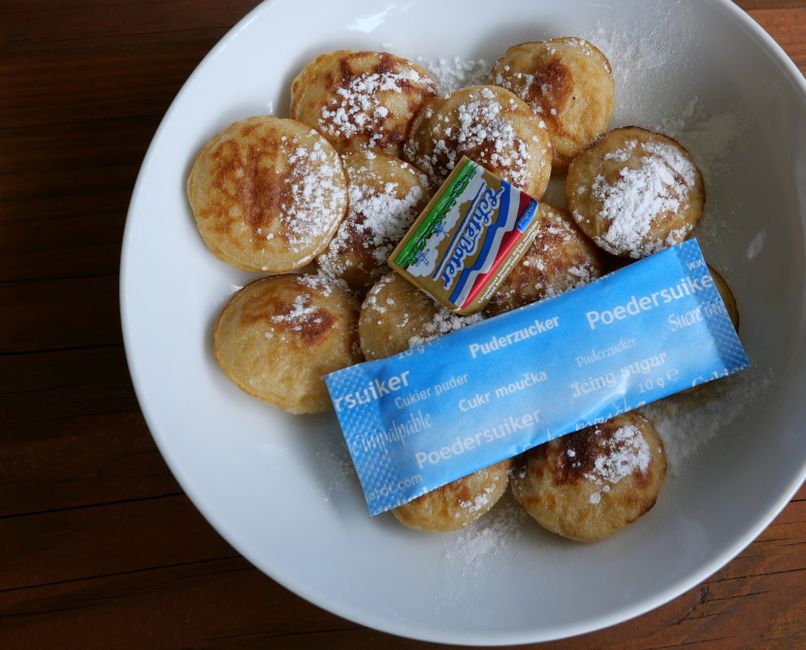
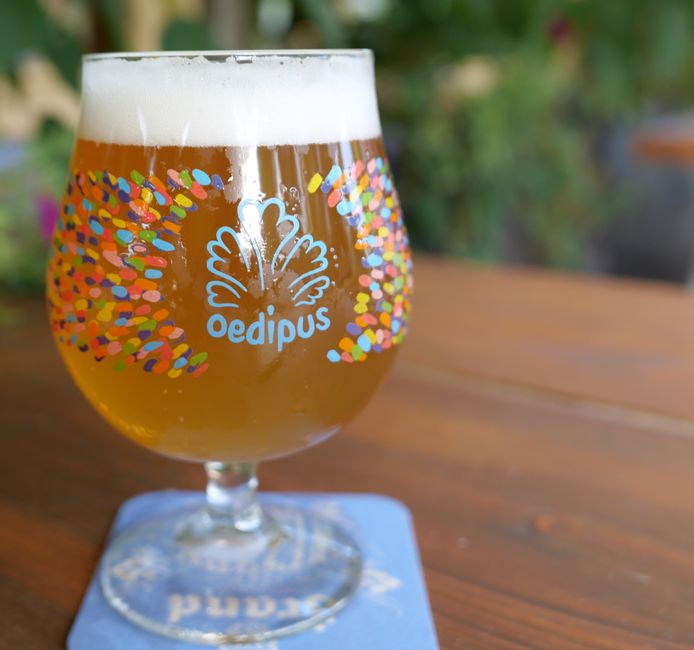

Newsletter hi subscribe ve rawh
Of course, it is nonsense to imagine Amsterdam without tourists and the many bicycles. But the city has a problem that many interesting places share with it. They open themselves to tourism, also benefit from it, but at some point, it becomes too much.
Certainly, the number of tourists has not yet reached the level before Corona, but for us, it was already partially too crowded. Furthermore, the many, many, many bicycles are naturally owned by locals and therefore always present.
But Amsterdam has always been popular in earlier times as well, and due to the influx of people, the city became too small again and again. And how did they help themselves back then? They simply built another canal ring around the others.
These canals now shape the historical image of the city and are a total of about 80 km long. The characteristic gable houses stand on the left and right of the canals. If a house is wider, the former owner was richer, if it is narrower, then so was the wallet. But basically, each of these homeowners was wealthy because it was a privilege to live in the canal belt.
To explore all this, one of the many canal tours by boat is worthwhile. These start right at the train station, usually last an hour, and cost 10 euros. Money well spent because you get to see a lot and get a good overview.
Afterwards, you can continue exploring what you have just seen on foot. If you like, you can also visit one of the many coffeeshops, which offer drugs instead of coffee. There are also specialty shops that sell magic mushrooms, recognizable by the mushrooms at the entrance. I haven't tried anything like that, but there must be enough interested people given the number of shops.
Instead, I had bitterballen and kroketten from a vending machine. That's also a specialty in the Netherlands because they don't have much to do with the kroketten we know. They are always filled with something mixed. Once I had something that tasted like a ragout fin and another time something called satay that actually tasted like peanut sauce from Asia.
For those who are looking for peace and relaxation in bustling Amsterdam, I have two tips: 1. the Begijnhof. This is a quiet courtyard where Catholic nuns lived. And 2. the Vondelpark. It is also located in the city center and is the largest park in Amsterdam. Here, too, countless bicycles whizz through, but you can also find quiet spots and there are various restaurants.
Otherwise, Amsterdam is very well equipped with public transport. There is the modern metro, trams, and buses. You need a card for everything, with which you have to check in before starting your journey and check out at the end. There are scanners and control points, even an extra supervisor in the middle (!) of the tram. Fare evasion is not possible here, so it's best to buy a day ticket right away.
And finally, a tip for accommodation: it is very expensive in the busy city center. On the other hand, in the modern south, you can live comfortably and generously and still be quickly at the scene thanks to the metro.
Newsletter hi subscribe ve rawh
Chhanna
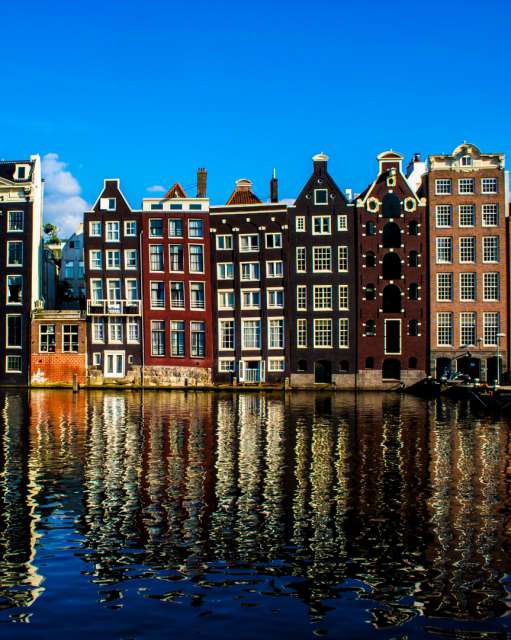
Khualzin report Netherlands ram a ni
